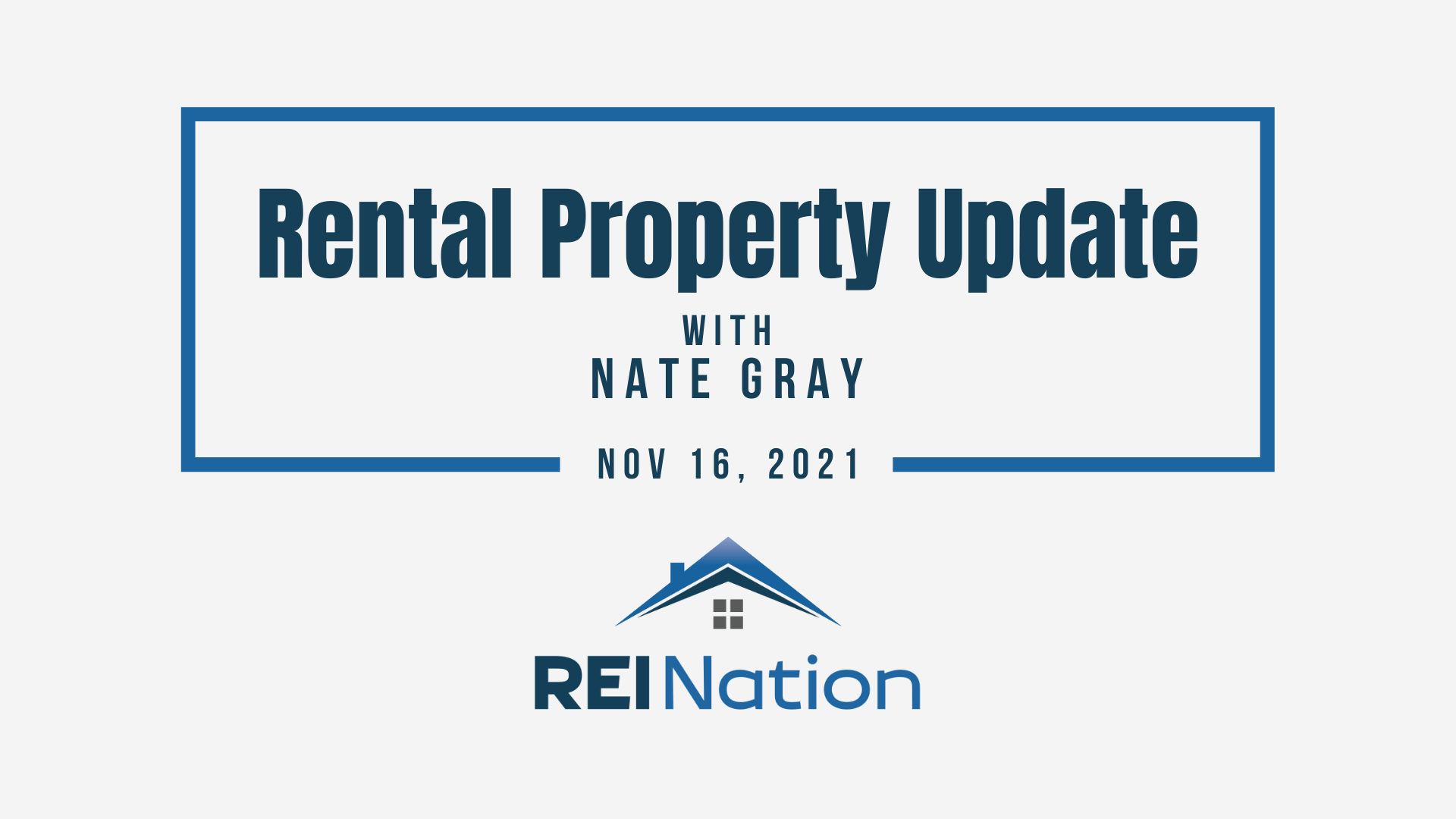 Over the past year, talk of a real estate bubble has been frequent and hotly debated. Are we in a bubble? Are we not? When will the market crash if it crashes at all?
Over the past year, talk of a real estate bubble has been frequent and hotly debated. Are we in a bubble? Are we not? When will the market crash if it crashes at all?
These questions can leave a lot of investors feeling lost and worried about the future of their real estate investments. Plenty of people – investors and Average Joes alike – remember the trauma of the housing market crash during the Great Recession.
For obvious reasons, we all want to avoid a repeat.
What’s the Truth About Housing Bubbles in 2021?
While we can speculate and turn to think pieces all day, it’s far more impactful to look at real data. Visual Capitalist breaks down data from the Real Estate Bubble Index by UBS.
Housing bubbles are only obvious in hindsight. It’s incredibly tough to predict a crash before it happens and determining whether a bubble has emerged is equally difficult. There are a few key qualities that serve as “red flags” in real estate markets:
- A disconnect between housing prices and income growth
- Excessive homebuilding efforts that create a glut of supply
- Out-of-control lending
Regardless, many investors will be comforted to know that not a single U.S. city meets the “bubble risk” criteria according to the Real Estate Bubble Index. Most of the cities currently experiencing bubble risk are in Europe with the addition of Hong Kong, Vancouver, and Toronto.
Every U.S. city on the chart is firmly in the “overvalued” category, and none particularly close to bubble territory.
These overvalued U.S. cities include:
- New York, New York (least overvalued)
- Boston
- San Francisco
- Los Angeles
- Miami (most overvalued)
This may serve as a comfort to those worrying about their U.S. real estate holdings. If you’re still feeling uneasy, remember this: you can take steps to protect your portfolio from a housing market crash.
4 Steps to Mitigate Housing Bubble Risks
#1) Target Secondary and Tertiary Housing Markets
You’ll notice that every U.S. market listed on the Real Estate Bubble Index is a primary real estate market. These are the big, most attractive markets around. At the same time, they can be tough to crack – particularly for individual real estate investors. While there’s money to be made in these markets, it’s often not accessible or sustainable for most residential real estate investors.
Instead, target secondary and tertiary markets. These are more affordable and accessible overall. They also tend to fare better in various economic crises. For example, Houston, TX, exploded in popularity in the wake of the Great Recession because its diversified and air-tight economy kept the market from crashing in spectacular fashion. As a result, the market recovered – and grew – significantly faster than other markets.
#2) Focus on the Market’s Economic Stability
When looking for an ideal investment market, smaller markets are good but strong economies are better. You want to focus on markets that have a history of economic diversity, growing new business ventures and economic investment, as well as a low unemployment rate. Economic stability gives markets a better chance to recover from a crash quickly.
#3) Diversify Your Portfolio
Portfolio diversification is a non-negotiable when it comes to protecting your assets. Not only should you be adding new properties to your portfolio, but you should do so across multiple markets. This prevents a housing bubble in one market from impacting your investments in another. Thus, your personal stress is reduced and your investment goals stay largely on track in the face of disruptions.
#4) Appeal to the Right Demographics
In a distressed real estate market, you want to hold the right kinds of properties. That means properties that are most desirable and in-demand. These tend to be “mid-tier” homes that appeal to financially stable families. Not only does this increase your resident retention and occupancy rates, but it gives your exit strategy more to work with.
It’s much harder to sell a property that is priced too low or too high in a market, especially relative to its neighborhood. In the same way, it’s harder to sell a multi-family unit of any kind because your pool of potential buyers is much smaller. With traditional single-family homes, you can appeal both to traditional homebuyers and other investors.
There may be no need to offload your investment properties, even if a housing bubble bursts. However, it’s always wise to be prepared to handle the unexpected twists and turns of the real estate world.
Start investing in reliable, wealth-generating investment markets with REI Nation!












